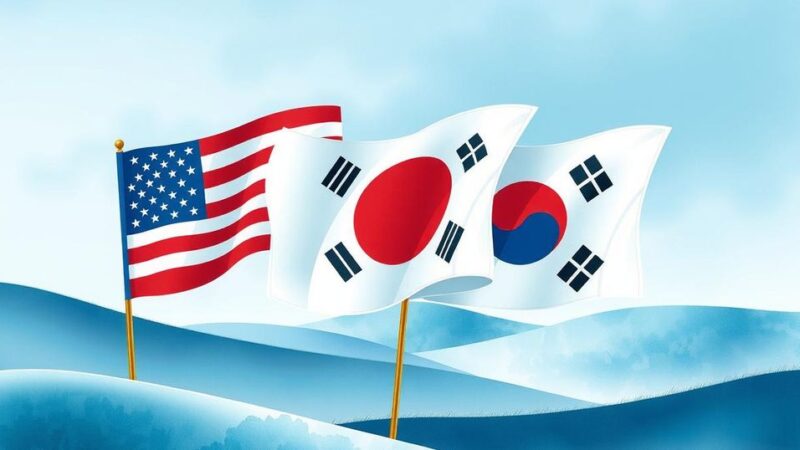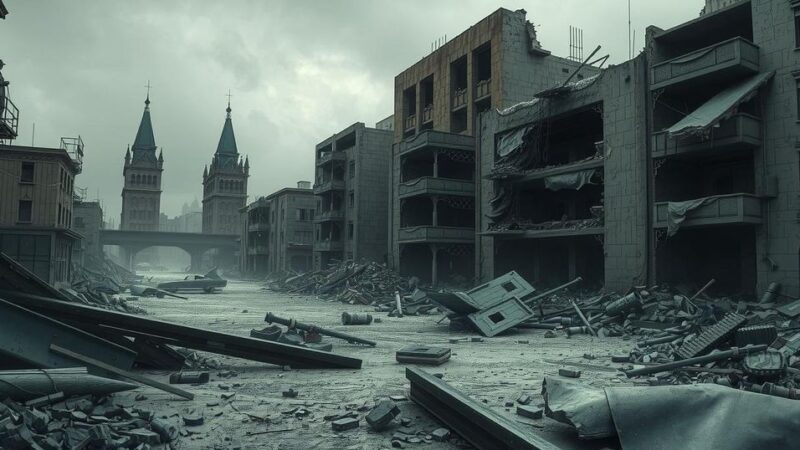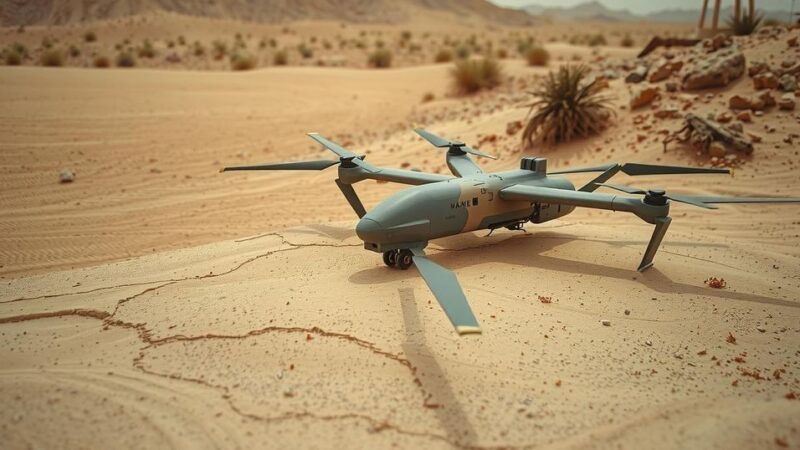Uganda has sent special forces to South Sudan to protect President Salva Kiir as fears of civil war rise due to rivalry with his deputy, Riek Machar. The deployment aims to secure Juba against rebel threats amid political instability. Urgent reforms and the implementation of the 2018 peace agreement are crucial for lasting peace.
Uganda has recently deployed an undisclosed number of special forces to South Sudan to support President Salva Kiir’s government amid increasing concerns of an impending civil war driven by rivalry with his deputy. Major General Felix Kulayigye, the Ugandan military spokesperson, confirmed that the deployment aims to defend the capital, Juba, against potential rebel offensives, stating, “We sent a force there two days ago… We are not there for peacekeeping.”
President Yoweri Museveni’s decision to send troops reaffirms his role as a guarantor of the peace process between Kiir and his deputy, Riek Machar, highlighting their complex relationship. Over the years, Museveni has intervened in South Sudanese conflicts to maintain Kiir’s position. The troop deployment is a response to growing unrest in the oil-rich nation, which has faced persistent violence and instability since its independence from Sudan in 2011.
Recent clashes in Upper Nile state between government troops and the White Army militia, thought to be allied with Machar, have intensified these tensions. This includes a tragic incident where a UN helicopter evacuating government forces from Nasir was fired upon, resulting in casualties among South Sudanese officials. Further conflict escalated as government forces detained key figures loyal to Machar following an ambush on military positions.
Kiir’s government is under scrutiny for actions that threaten the fragile peace agreement established in 2018, which ended a devastating civil war. Despite Kiir urging for peace amid crises, persistent unrest and political rivalry between him and Machar complicate efforts toward lasting stability. Observers point out the urgent need for both leaders to implement reforms outlined in the peace deal and address longstanding grievances, particularly ahead of the delayed 2026 elections.
In summary, Uganda’s deployment of troops to South Sudan underscores the urgent need to address rising tensions within the nation. The historical context of the political rivalry between Kiir and Machar remains critical in understanding the current instability. The international community’s push for reform and adherence to the 2018 peace deal highlights the complexity of governance within South Sudan, as continued strife poses risks to the fragile peace. It is imperative for South Sudan’s leadership to resolve their differences collaboratively to foster a more stable environment for their citizens.
Original Source: www.newsday.com





